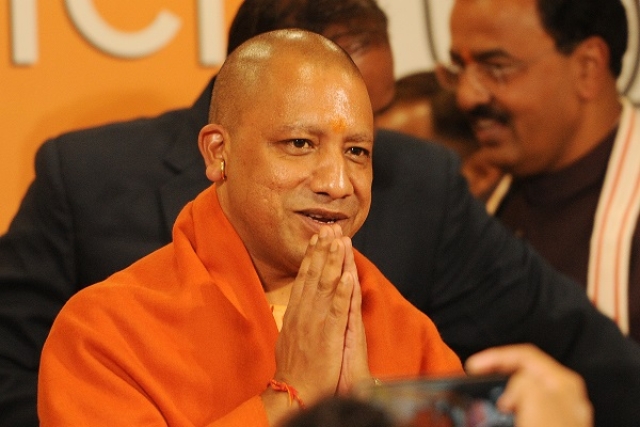The Yogi government has implemented many reforms in the last few years, and this has resulted in the state jumping to the second position in Gross State Domestic Product from fifth. Continuing the reforms, the state government has brought a new excise policy that would not only improve the health of the people but also boost the revenues of the state.
Under the Excise Policy 2021-22, approved by the UP cabinet in January and enforced from today, the government has reduced taxes on beer (beverage with low alcohol volume), making the less hazardous drink cheaper. At the same time, taxes on liquor (whiskey, vodka and others) which have a very high alcohol concentration has been increased with the aim to reduce their consumption.
In India, the consumption of beer is lower compared to developed and many developing countries while the consumption of higher alcohol concentration liquor is sky-high. The consumption of liquor is higher comparatively because the tax is lower despite the fact that it is a more hazardous beverage. This skewed taxation policy has led to increasing consumption of lower range liquor and people face severe health issues due to this.
The Uttar Pradesh government is the first to implement these reforms despite the fact they were in the pipeline for many decades. Due to lobbying from the companies that sell Indian-made foreign liquor (IMFL), these policies were not implemented by other governments. The Yogi government has been the only one to come forward with the courageous step.
Read More: Uttar Pradesh beats Tamil Nadu, Karnataka, and Gujarat to become the second biggest economy in India
Apart from the taxation reforms – which will boost the state government revenue by around 6,000 crore rupees – the government has also taken initiatives to promote Uttar Pradesh-made liquor as well as microbreweries.
“To provide good quality liquor at economic prices, UP Made Liquor (in Tetra-pack and of 42.8 per cent strength only) made from Grain ENA, shall be sold at an MRP of Rs 85 through country liquor shops. Integrated Supply Chain Management System (IESCMS) shall be implemented by computerising the various processes of the department. The system of sale of liquor in retail shops using PoS machines shall be implemented in 2021-22,” the state government said.
Previously, the UP government took the decision to promote microbreweries in the state. A Microbrewery is used popularly in many hotels, restaurants and liquor bars for the instant production of beer. Many states like Maharashtra, Karnataka, Kerala, Haryana, Delhi NCR, Telangana have already allowed breweries. Since beer is in high demand in metropolitan cities like Noida, Ghaziabad and others, the Yogi government has agreed to implement the same in the state too.
On an everyday basis, the new license holder can produce 600 litres of beer, which can increase up to 2.10 lakh litres of beer per year. Anyone who violates the new provisions shall be fined on the basis of 5000 rupees per day.
According to the government, this move shall increase the number of international and domestic tourists. Not only shall the government receive adequate revenue, but also the microbreweries shall increase new avenues for employment in the state.
The other states, especially in the Hindi heartland like Madhya Pradesh, Rajasthan, Jharkhand, Bihar (but first they shall allow liquor sales), Delhi, Haryana should learn from the new excise policy of the UP government and implement the same.
